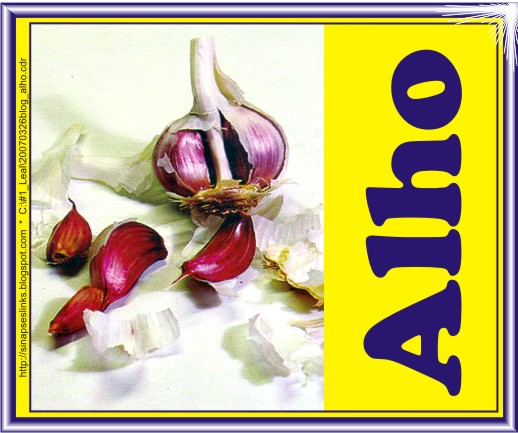*

Garlic
Studies have concluded that garlic doesn’t lower cholesterol.
Tuesday, February 27, 2007
But advocates of herbal and nutritional remedies are responding to the news with this advice: Keep eating the onion-like herb because what befouls one’s breath may befriend one’s health.
Garlic, the longtime folk remedy for various conditions and ailments — heart disease, cancer and bacterial infections included — still has sizable support in scientific literature. But anyone using garlic to lower his or her cholesterol might consider seeking an alternative approach.
“I do recommend that people eat garlic, especially through the winter,” said Dr. Sharon Plank of the Center for Integrative Medicine at UPMC Shadyside, noting its antibiotic effects. “We tend to see better health in people who eat nutritionally and the Mediterranean diet, which uses garlic and spices.”
Previous studies about garlic’s impact on cholesterol were mixed, despite many alternative medicine publications suggesting a positive impact on cholesterol.
But a study that appeared yesterday in Archives of Internal Medicine concluded that garlic consumed almost daily for six months had no appreciable effect on cholesterol.
Dr. Christopher Gardner, assistant professor of medicine at Stanford University, told The Associated Press that he and colleagues were initially optimistic that garlic would reduce cholesterol.
Their study included 192 adults about 50 years old who had moderately elevated LDL or bad cholesterol levels. They were assigned to eat an average clove of garlic in raw form, or take garlic pills, six days a week for six months. In the double-blind study, part of the group was given dummy pills.
While more than half of the participants reported bad breath and body odor and some reported flatulence, there were no major side effects from eating garlic. But the study found virtually no effect on cholesterol levels in either group.
Calling the results disappointing, Dr. Gardner said it’s still possible garlic might lower cholesterol when eaten in larger doses or by people with severe cholesterol problems. It also might have other characteristics that benefit heart health.
An Archives editorial said “the jury is still out” on whether garlic prevents cardiovascular diseases.
But advocates of herbal and nutritional remedies said people should continue consuming the herb.
Dr. Plank recommends consuming two cloves of raw garlic daily. She questioned whether the study’s use of garlic pills, rather than raw garlic, accounts for the lack of impact on cholesterol. She said garlic thins the blood, which benefits heart health.
Other studies have concluded that garlic prevents prostate and gastric cancers, kills bacteria and even can alleviate mosquito bites.
Dr. Shivendra Singh, director of basic research, professor of pharmacology and urology, and leader of the Biochemo prevention Program at the University of Pittsburgh Cancer Institute, has been studying dially1 trisulfate, a chemical found in garlic that kills gastric and prostate cancer cells in dish cultures and animal models without affecting healthy cells.
He said he’s developing the chemical as a cancer prevention, and soon will seek U.S. Food and Drug Administration approval to conduct human clinical trials on its safety and effectiveness.
Dr. Singh said research proves garlic consumption has beneficial effects on prostate cancer.
Diallyl trisulfate, he said, is just one of many chemicals in garlic that benefits health. Allicin, the chemical released when garlic is chopped, was purported to be the agent that reduced cholesterol.
Garlic’s health benefits have been documented since 1400 B.C. Hippocrates, the famed Greek doctor, advocated its use for abnormal growth, which Dr. Singh said probably referred to cancer. Egyptian and Indian cultures also recommended garlic consumption to solve various ailments including growths.
Dr. Singh, who eats a clove of garlic daily, said the evidence is clear: “In terms of cancer, we know which chemical it is, how it works and how it inhibits cancer in animals.”
He recommended eating a clove of garlic a day, which can be chopped, microwaved a brief period or mixed with honey.
Dr. Robert A. Schulman, author of “Solve It With Supplements” that recommends using herbal and nutritional supplements to help prevent and heal more than 100 common health problems, praised garlic, but warned that no herb or nutritional supplement is “a magic bullet.”
“Herbs work in concert with other things,” Dr. Schulman said. “Eating well, not eating junk food, exercising and getting a lot of sleep will make you live longer.”
*
Fonte:
http://alternativemedicine13.blogspot.com/
*
*
***


